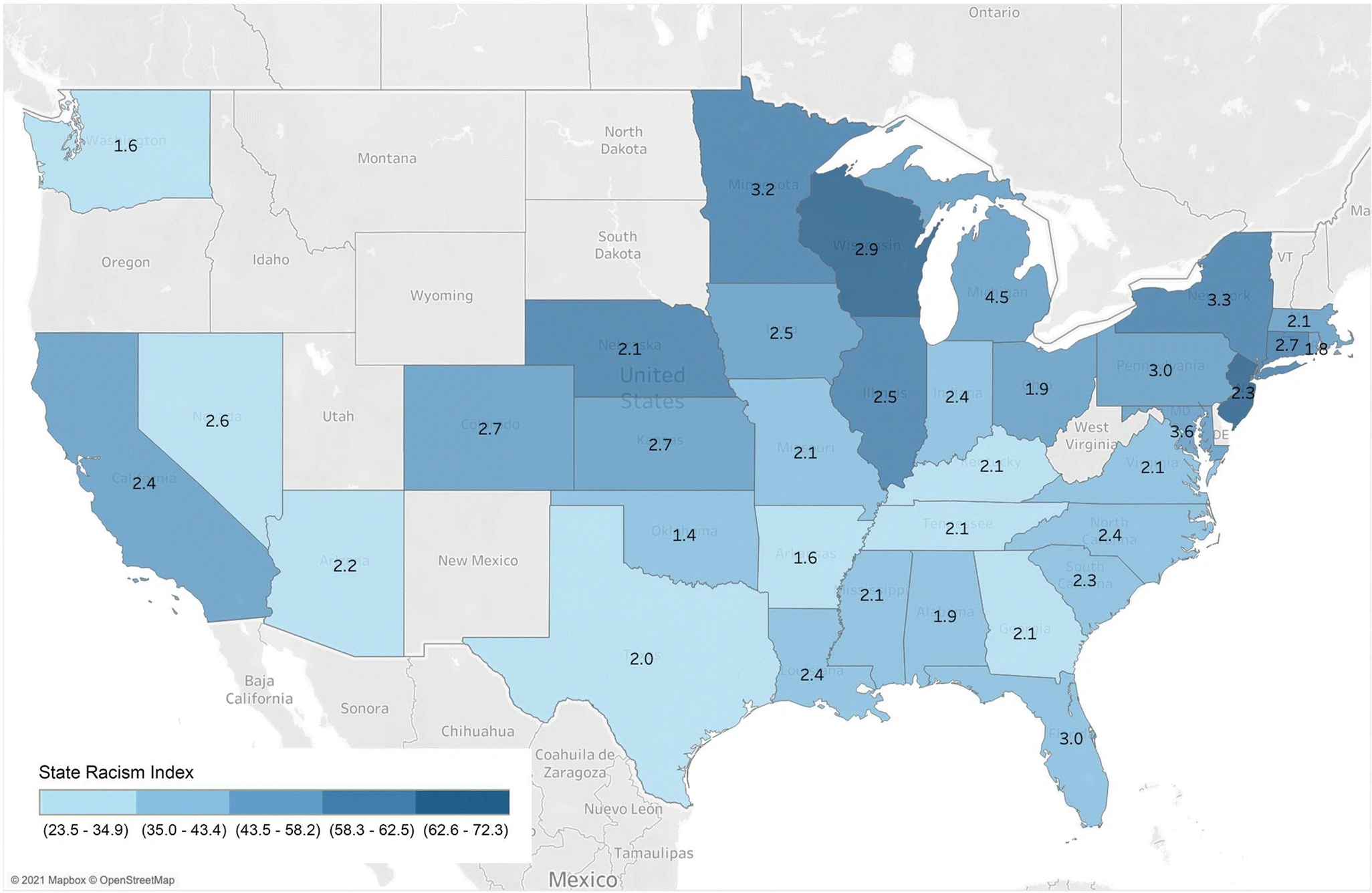A traditional Vietnamese meat snack could hold the key to developing a safe and natural food preservative, addressing the twin global problems of food waste and food-borne illnesses. Key Points Bacteria-killing compound discovered in Nem Chua, a fermented pork snack Toxic to bacteria but safe for humans, it’s a natural alternative to artificial food preservatives...
Health
Parler Provided Echo Chamber for Vaccine Misinformation, Conspiracy Theories
In the early days of COVID-19 vaccine development, a new social media platform provided a place for like-minded people to discuss vaccines, share misinformation and speculate about the motivations for its development. A new study from the University of Kansas shows people flocked to Parler to discuss the vaccines in an echo chamber-type environment, and...
Air Quality Improved During India Lockdown
Research by scientists from University of Southampton (UK) and the Central University of Jharkhand (India) and has shown the first COVID-19 lockdown in India led to an improvement in air quality and a reduction in land surface temperature in major urban areas across the country. The study found that travel and work restrictions imposed early...
Seeds of Economic Health Disparities Found in Subsistence Society
No billionaires live among the Tsimane people of Bolivia, although some are a bit better off than others. These subsistence communities on the edge of the Amazon also have fewer chronic health problems linked to the kind of dramatic economic disparity found in industrialized Western societies. For a study in the journal eLife, a research team led...
Global Warming Already Responsible for One in Three Heat-Related Deaths
Between 1991 and 2018, more than a third of all deaths in which heat played a role were attributable to human-induced global warming, according to a new article in Nature Climate Change. The study, the largest of its kind, was led by the London School of Hygiene & Tropical Medicine (LSHTM) and the University of Bern...
Data from 45 Million Mobile Users Further Shows Poorer People Less Able to Stay at Home COVID Rules
People living in deprived, less affluent neighborhoods spent less time indoors at home during lockdown, according to a study that tracked data from millions of mobile phone users across the United States. The study, published in the journal Annals of the American Association of Geographers, adds to growing evidence that low earners are less likely to...
Socioeconomic Status Non-Factor in Worse COVID-19 for Racial, Ethnic Groups in Twin Cities
A research team, led by the University of Minnesota Medical School, found that regardless of socioeconomic status, Twin Cities residents of underrepresented racial and ethnic backgrounds endure worse COVID-19 outcomes compared to people who are white. The study was just published in the Journal of General Internal Medicine and is one of the first papers to discuss...
Racial Disparities in COVID-19 Mortality Wider Than Reported
More than a year into the pandemic, the disproportionate burden of COVID-19 among racial and ethnic minorities in the US has been well documented. But a new study by Boston University School of Public Health (BUSPH) reveals that previous research has underestimated the true extent of racial disparities in COVID-19 deaths–as well as the extent...
Workplace Pandemic Protocols Impact Employee Behavior Outside Work
Employer COVID-19 safety measures influenced worker precautions even when they were not on the clock, according to a new study out of Washington State University. The study found that workplace cultures that adopted COVID-19 prevention measures, such as daily health checks and encouraging sick workers to stay home, resulted in less “sickness presenteeism” or going...
Once We’re Past the Fear Stage, Where Do We Place the Blame for the COVID-19 Pandemic?
In a time of a global crisis such as the ongoing COVID-19 pandemic, it is easy to note how people move through different phases to buckle up for such unprecedented and arduous times. In the very beginning of the pandemic last year, we observed “an epidemic of fear”, where it was all about the calamitous...










